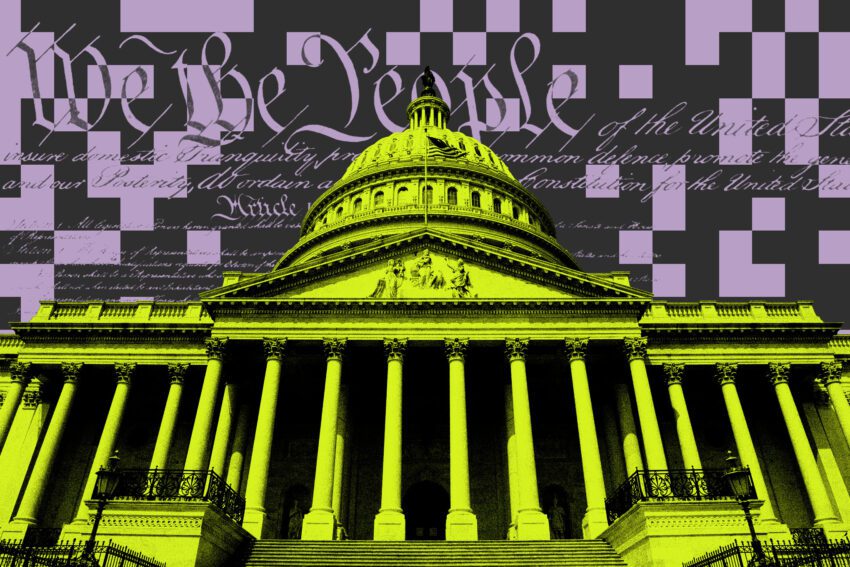
meta repents again to republicans in hearing A recent Senate hearing highlighted the contrasting approaches of Meta and Google regarding government requests for content moderation, with Meta expressing regret for its past actions while Google maintained its firm stance.
meta repents again to republicans in hearing
Background of the Hearing
On Wednesday, a Senate hearing convened to address concerns surrounding government censorship of technology platforms. This session was particularly significant as it brought to light the ongoing tensions between tech companies and lawmakers regarding content moderation practices. The hearing featured testimony from executives of major tech firms, including Meta and Google, who were questioned about their responses to government requests for content removal.
Meta’s Regretful Stance
During the hearing, a Meta executive conveyed regret to Republican lawmakers for the company’s perceived lack of resistance against the Biden administration’s requests to remove certain types of content. This included health-related misinformation and election-related posts, with even satirical content falling under scrutiny. The executive’s acknowledgment of this issue reflects a broader concern among tech companies about the balance between complying with government requests and protecting free speech.
Specifics of the Content Moderation Requests
The requests from the Biden administration were part of a broader effort to combat misinformation, particularly during the COVID-19 pandemic and the 2020 election cycle. Lawmakers have expressed frustration that platforms like Meta did not push back more forcefully against these requests, which they argue could infringe on free speech rights.
Meta’s executive emphasized that the company is committed to transparency and accountability in its moderation practices. However, the acknowledgment of regret signals a shift in the company’s approach, possibly in response to mounting criticism from both sides of the political spectrum. This reflects a growing unease within the tech industry about the implications of government influence on content moderation.
Implications for Tech Companies
The implications of Meta’s stance are significant. By expressing regret, the company may be attempting to rebuild trust with Republican lawmakers who have been vocal critics of perceived censorship on social media platforms. This move could also be seen as an effort to preempt potential legislative actions aimed at regulating content moderation practices more strictly.
Google’s Firm Position
In stark contrast to Meta’s regretful tone, Google maintained a steadfast position during the hearing. The company reiterated that evaluating and often rejecting government content requests is standard operating procedure. This approach underscores Google’s commitment to its policies regarding free expression and content moderation.
Google’s Content Moderation Policies
Google’s executive highlighted that the company has established guidelines for handling government requests, ensuring that any action taken aligns with its principles of transparency and user safety. This includes a rigorous review process for requests that may infringe on users’ rights or violate the company’s policies.
By standing firm, Google is signaling its intent to resist external pressures that may compromise its commitment to free speech. This position may resonate with users who value the platform’s dedication to maintaining an open forum for diverse opinions and information.
Stakeholder Reactions
The contrasting approaches of Meta and Google have elicited varied reactions from stakeholders. Republican lawmakers, who have been critical of perceived censorship, may view Meta’s regret as a sign of weakness, while appreciating Google’s resolute stance. Conversely, Democrats have expressed concern that the focus on past moderation decisions detracts from more pressing issues, such as recent actions taken during the Trump administration to limit speech.
Congressional Dynamics
During the hearing, several Democratic lawmakers questioned the rationale behind revisiting moderation decisions made years ago. They argued that the focus should be on addressing current challenges, particularly in light of the Trump administration’s recent efforts to regulate speech on social media platforms. This perspective highlights the complexities of the ongoing debate surrounding content moderation and government influence.
Senator Ted Cruz’s Anti-Jawboning Bill
Senator Ted Cruz (R-TX) has been a vocal advocate for new legislation aimed at curbing what he describes as “jawboning” by the government—essentially pressuring tech companies to remove content. Cruz’s proposed bill seeks to establish clearer boundaries regarding government requests for content removal, aiming to protect free speech rights while holding tech companies accountable for their moderation practices.
This proposed legislation reflects a broader trend among Republican lawmakers to push back against perceived government overreach in regulating online speech. The dynamics of this debate are further complicated by the differing approaches of tech companies, as seen in the contrasting responses from Meta and Google during the hearing.
The Broader Context of Content Moderation
The issue of content moderation has become increasingly contentious in recent years, particularly as misinformation has proliferated on social media platforms. The COVID-19 pandemic and the 2020 election cycle served as flashpoints for discussions about the responsibilities of tech companies in curbing harmful content.
Public Perception and Trust
Public perception of tech companies’ content moderation practices plays a crucial role in shaping the discourse around these issues. Many users have expressed concerns about bias in moderation decisions, leading to calls for greater transparency and accountability from platforms like Meta and Google. The hearing served as a platform for lawmakers to address these concerns, with the hope of fostering a more balanced approach to content moderation.
Future Implications for Tech Regulation
The outcomes of this hearing and the subsequent legislative efforts could have lasting implications for the regulation of tech companies. As lawmakers grapple with the challenges posed by misinformation and the role of government in regulating speech, the positions taken by companies like Meta and Google will likely influence the trajectory of future legislation.
Conclusion
The Senate hearing underscored the divergent paths taken by Meta and Google in response to government content moderation requests. Meta’s expression of regret signals a potential shift in its approach, while Google’s firm stance highlights its commitment to free speech principles. As the debate over content moderation continues, the implications for tech regulation and public trust in these platforms remain significant.
Source: Original report
Was this helpful?
Last Modified: October 30, 2025 at 3:36 am
3 views















